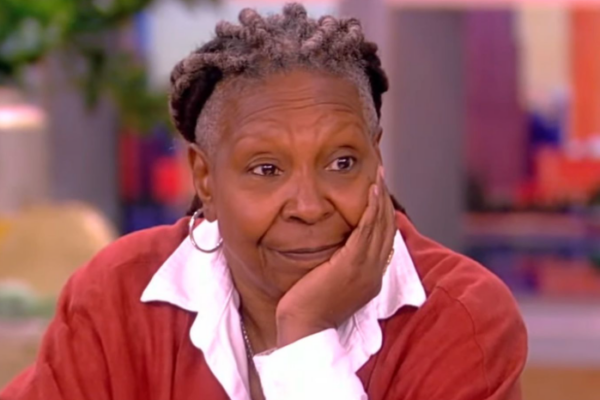Sean ‘Diddy’ Combs’ access to ‘special privileges’ in prison revealed by inmate
Sean Combs, widely known as P Diddy, finds himself stripped of the comforts of his previous lifestyle and treated like any other inmate in the Metropolitan Detention Center.

This stark transformation from hip-hop mogul to regular inmate underscores the harsh realities of prison life, regardless of one’s status outside the walls.
Sean Combs, despite his fame and fortune, is experiencing no special treatment in prison, according to insights from Timothy Smith, a former inmate and reality TV star from « Married at First Sight. »
Arrested last month on charges including sex trafficking and racketeering, Combs has entered a world where his wealth and status offer no advantages.
Described as « grim, » his current conditions reflect the strict egalitarianism of the federal prison system where, as Smith notes, « money and wealth won’t get you any benefits. »
No Special Privileges Behind Bars

Within the confines of the detention center, Combs is allowed only the basics, which starkly contrasts with his previously lavish lifestyle.
The privileges that are often associated with celebrity status, such as access to personal amenities or enhanced accommodations, are non-existent.
Smith points out that inmates can have essentials like a tracksuit and sneakers, but luxury items are strictly forbidden, with periodic raids ensuring compliance. Even entertainment is limited to the bare minimum, with access to only a Bible and a book per week.
Legal Battles and Family Support

The severity of Combs’ legal situation is compounded by the number of potential lawsuits he faces, with attorney Tony Buzbee claiming that up to 120 people are planning to sue over alleged exploitation and sexual abuse.
This includes disturbing allegations involving minors and the use of substances to incapacitate victims, all of which Combs denies.
Amid these accusations, his mother, Janice Smalls Combs, has publicly defended him, releasing a statement expressing her devastation and sadness over the charges against her son.

She emphasizes the discrepancy between the public narrative and her son’s untold side of the story, advocating for his right to a fair trial.
Janice Smalls Combs’ statement sheds light on the emotional toll these allegations have taken on her and her family.
She describes the public reaction to her son’s situation as akin to a « public lynching, » emphasizing the pain of seeing her son judged prematurely and harshly.
Her plea underscores a mother’s anguish and the fervent hope that her son will be able to prove his innocence in court.










